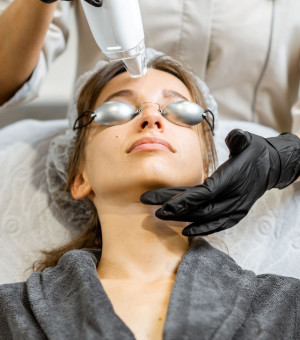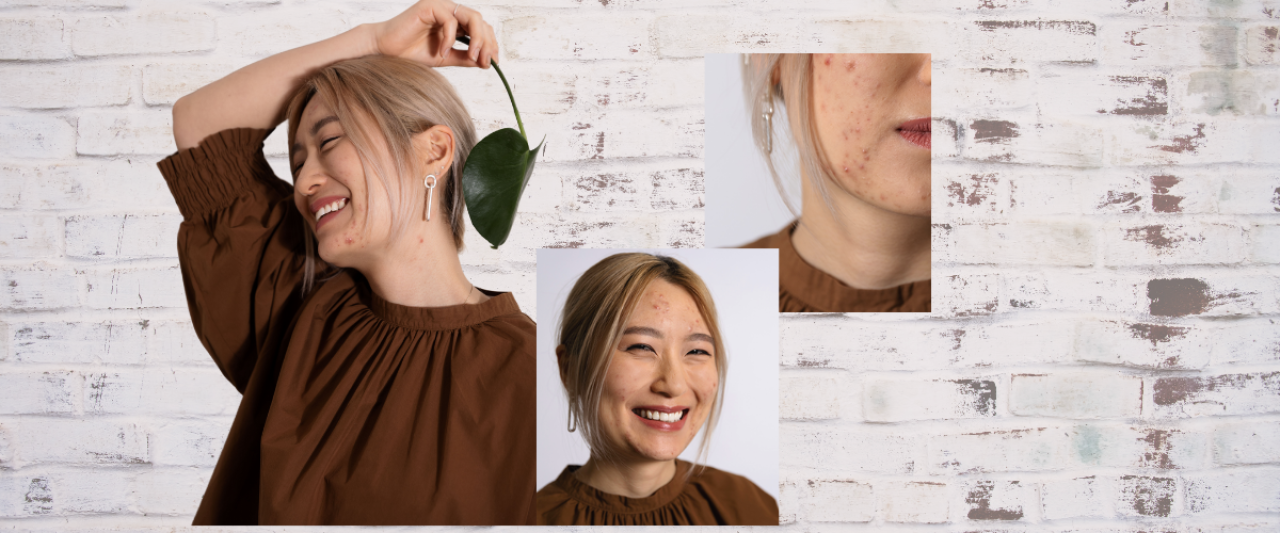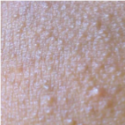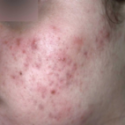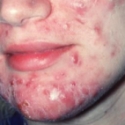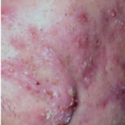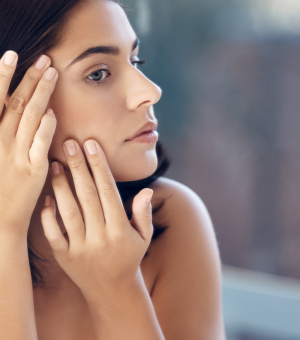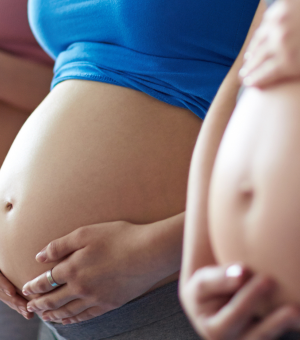Treatment Options
As a rule of thumb, when dealing with a comedonal type of acne (whiteheads, blackheads), a topical treatment is recommended, usually in the form of creams. When the inflammatory component (pimples, pustules, cysts) is predominant, tablets are the most effective treatment option. During the consultation, the dermatologist will take into account these elements as well as your skin type to determine which is the best course of treatment for you.
On a Daily Basis
Some of our daily habits can help reduce acne breakouts:
To do
Wash your face once or twice a week with a cleansing product adapted for your skin type
Use sunscreen
Use non-oily makeup products that don’t clog the skin pores (look for the words “noncomedogenic” or “nonacnegenic” on the label).
Frequently wash pillow cases and bed sheets
Wash makeup brushes with an antimicrobial soap
To avoid
Do not pop pimples! This may spread the bacteria and cause more acne.
Try not to worry too much about acne. Stress may worsen the symptoms by affecting hormonal levels.
The best would be not to wear makeup at all. If you do, let the skin breathe and heal at least once a week.
Thinking you are alone! Nearly everyone has pimples at one time or another.
Do not scrub the skin. This may irritate the skin and worsen acne.
Want to Learn More?
We could talk about this topic at length! We will come back with more articles relating specifically to acne, for instance, the effect of food on acne and the management of scars.
If you want to learn more about acne, our certified dermatologists are here for you.
